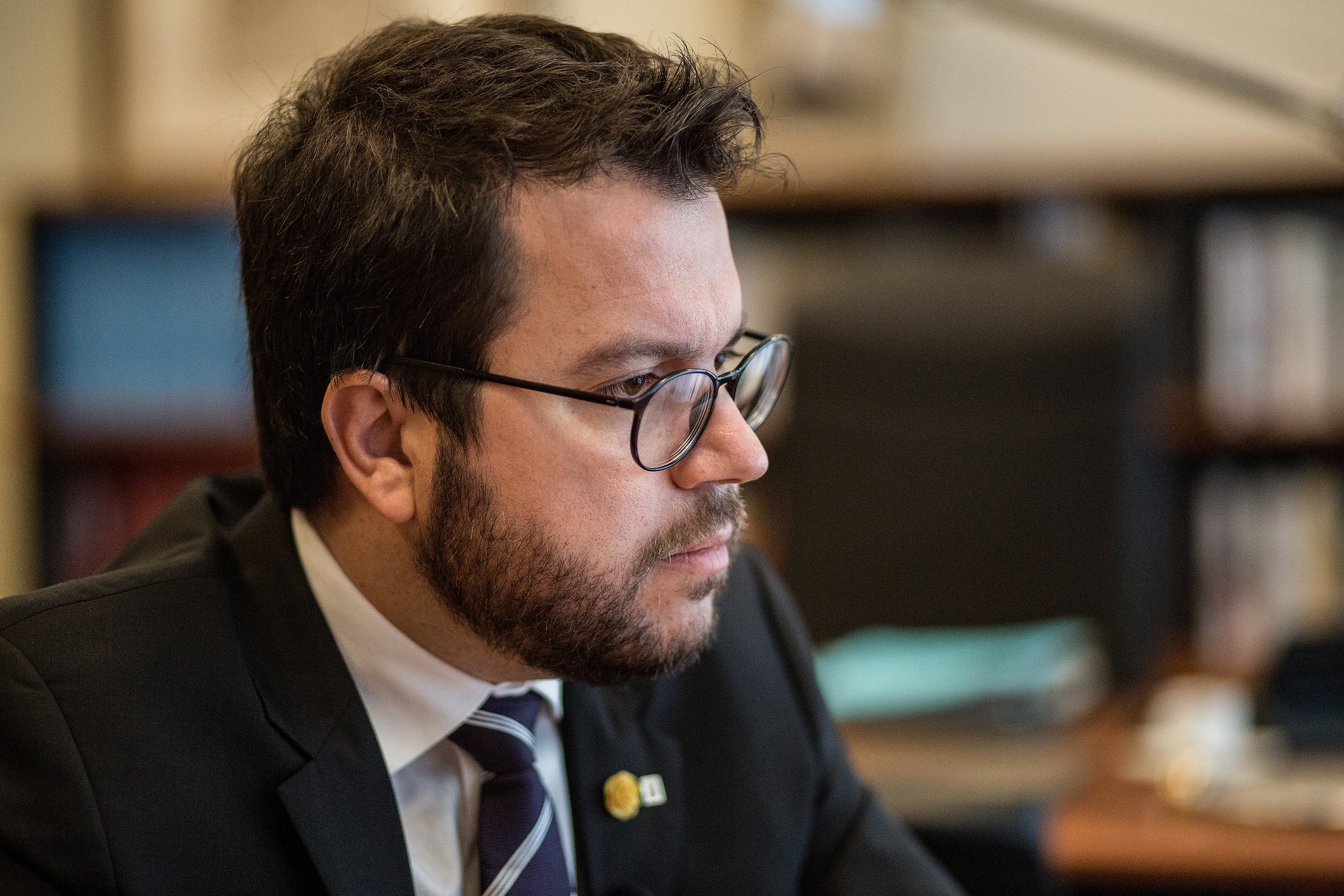Catalan vice-president and economy minister, Pere Aragonès, has today taken part in a meeting of the Mixed Commission on Economic and Fiscal Affairs with Spain, reaching agreements on infrastructure debt and the funding of the Mossos d'Esquadra, the Catalan police force. Under the agreement, Catalonia is to receive 1.459 billion euros (£1.3 billion; $1.7 billion) over four years.
"Agreements have been reached on two areas important in budget terms," said the vice-president. Aragonès highlighted the achievement of the third additional provision of the Catalan Statute of Autonomy on infrastructure, pending since the previous PSOE government of José Luis Rodríguez Zapatero in 2008. This will recover 759 million euros for Catalonia in the area of infrastructure over the next four years. Of this, 200 million will come in the 2019 budget.
They've also agreed to revise the funding of the Mossos d'Esquadra: the force "is taking on the role of comprehensive police in Catalonia and also includes that of anti-terror police, and in a context of the terror alert being at level 4 out of 5 as in Catalonia, it was necessary to update the number of officers and the associated funding," he said. As such, they've agreed to settle debt for a provisional total of 700 million euros over the next four years, 150 million of which in next year's budget. This provisional figure will end up being confirmed in the next two months.
Finally, Aragonès explained a third agreement by which 2.773 billion euros of short-term loans become long-term, giving more leeway on its accumulated debt. This will be approved by the cabinet over the next month.
"There's a lot of work left to do"
"We're coming from many years of the Spanish state breaking economic, fiscal and financial agreements," Aragonès noted. Indeed, this is the first time the commission has met in seven years.
The vice-president said several times that the Catalan government will "pay close attention to the state" meeting these agreements because "we've already had the experience of agreements between the Spanish state and the Catalan government which, from our point of view, the state hasn't fulfilled" and, as such, these new agreements "will have to be monitored very closely".
At the same time, Aragonès explained that "very urgent topics that we had on the table had to be dealt with" and that this dialogue "has to continue". "It's more necessary than ever that a background political negotiation on self-determination should be started" because "there's still a lot of work to do".

